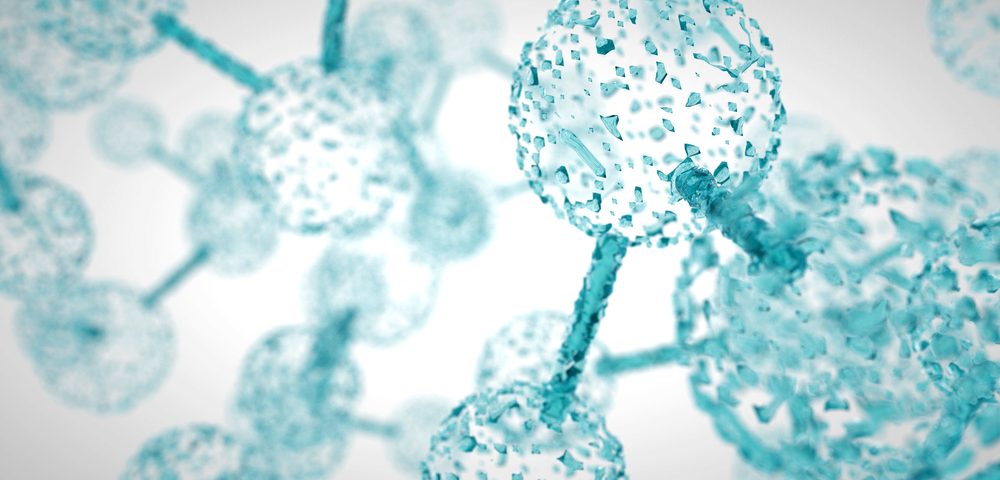Daniela Salvemini, a researcher at St. Louis University, was awarded a $363,000 grant from the Mayday Fund to continue investigating a pain pathway to determine if two molecules might serve a biomarkers of pain linked to endometriosis and other debilitating conditions.
Salvemini will analyze the potential of the two molecules — S1PR1 (sphingosine 1-phosphate receptor subtype 1) and and A3AR (A3 adenosine receptor subtype) — that the pain pathway is dependent on, to serve as clinical markers of pain. From previous work, Salvemini believes that higher levels of S1PR1 and/or A3AR correlate with chronic pain incidence and intensity.
The importance of these particular biomarkers, she said, is that both may be targets for treatment. A drug already exists that modulates S1PR1 and one that might modulate A3AR is now in clinical testing.
If one or both prove to be a useful biomarker, this study might lay the groundwork for a proof-of-concept trial to evaluate drugs that interfere with the molecular pathways engaged by these molecules, and could lead to development of a non-addictive painkiller.
Salvemini discovered the molecules in previous research work, found them both central to the pain pathway (the molecular events that lead to pain), and found that modulating them blocked the pain.
“Our goal is to take this exciting basic science work a step further and study to see if these molecules can serve as biomarkers in people, helping us to identify patients who would and who would not benefit from drugs that target this pathway and providing a more personalized approach to pain treatment,” Salvemini said in a press release.. “This study focuses on high impact, high potential chronic pain-associated conditions.”
In addition to endometriosis, this pain pathway is thought to also affect pain associated with vulvodynia, interstitial cystitis, and chemotherapy-induced peripheral neuropathy.
Salvemini and her team will partner with Patrick Yeung Jr., M.D., associate professor of obstetrics, gynecology and women’s health, at SLU, to study the molecules in endometriosis patients.
“The direct and indirect economic costs of endometriosis, which is mostly from pain and lost productivity, is estimated to be upwards of $20 billion annually in the US alone. Having a better way to treat endometriosis-related pain that does not just treat symptoms and without the negative side effects of high-dose anti-inflammatories or narcotics, is long overdue,” Yeung said. “We must do better do better for women, and this research collaboration has great potential.”

